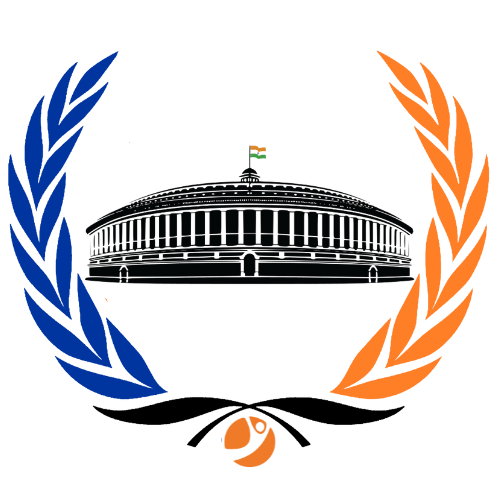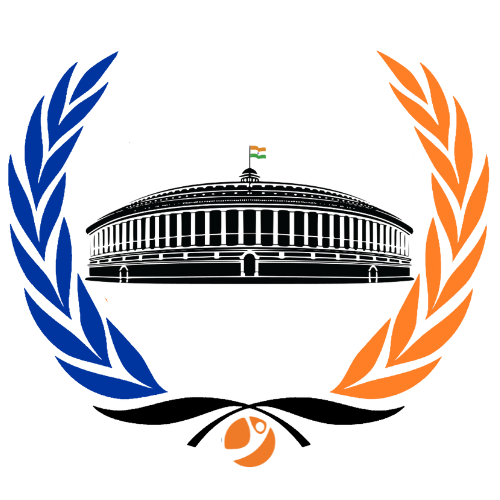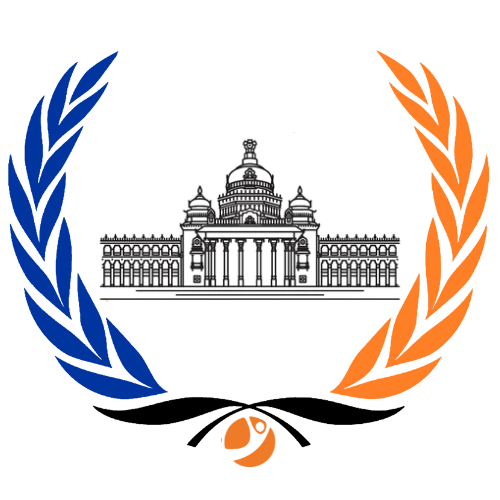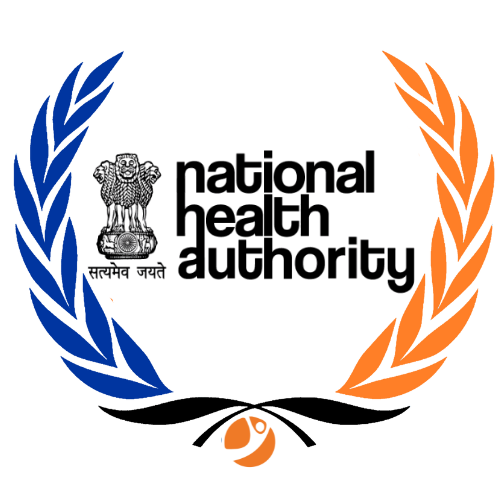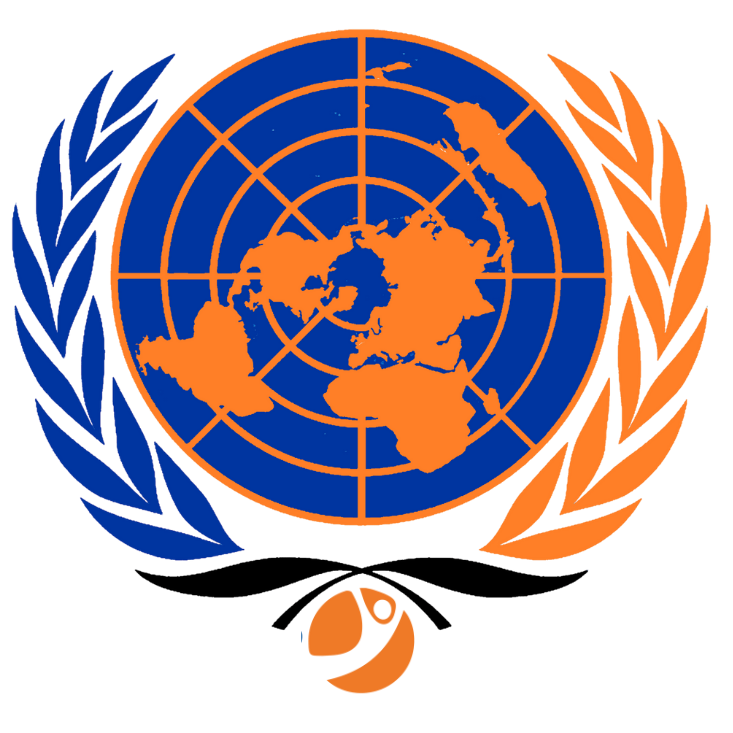

COMMITTEES
Committee MatricesMitigating the Humanitarian Crisis in the Sahel Region (Mali, Burkina Faso, Chad, Niger)
The Sahel Region, spanning Burkina Faso, Mali, Niger and Chad is prey to one of the most debilitating humanitarian crises of the 21st century. Armed conflict, poverty, climate change, food insecurity and political instability affect the lives of over 33 million people who are in need of immediate and decisive assistance. Over the last decade, increasing violence, jihadist insurgencies and military coups have destabilized the region, displacing millions of innocent civilians and destroying infrastructure. The UNHCR must coordinate among regional, national and international actors to create sustainable solutions to finally bring salvation to the people.
Mitigating the Humanitarian Crisis in the Sahel Region (Mali, Burkina Faso, Chad, Niger)
The Sahel Region, spanning Burkina Faso, Mali, Niger and Chad is prey to one of the most debilitating humanitarian crises of the 21st century. Armed conflict, poverty, climate change, food insecurity and political instability affect the lives of over 33 million people who are in need of immediate and decisive assistance. Over the last decade, increasing violence, jihadist insurgencies and military coups have destabilized the region, displacing millions of innocent civilians and destroying infrastructure. The UNHCR must coordinate among regional, national and international actors to create sustainable solutions to finally bring salvation to the people.
Addressing Bangalore’s Traffic Congestion and Assessing the Applications of AI and Technology in Bangalore's Mobility Infrastructure
Rapid urbanization has spurred a multitude of issues in Bangalore, a major one being its traffic problem. With jam-packed routes, roads filled with potholes, and poor driving ethics, Bangalore's traffic congestion has skyrocketed the past few years. But the new age has brought a plethora of new technologies with it! In this committee, we'll look at how we can utilise modern technologies to tackle the age-old traffic crisis - because a new method might be the perfect solution to an old problem.
Addressing Bangalore’s Traffic Congestion and Assessing the Applications of AI and Technology in Bangalore's Mobility Infrastructure
Rapid urbanization has spurred a multitude of issues in Bangalore, a major one being its traffic problem. With jam-packed routes, roads filled with potholes, and poor driving ethics, Bangalore's traffic congestion has skyrocketed the past few years. But the new age has brought a plethora of new technologies with it! In this committee, we'll look at how we can utilise modern technologies to tackle the age-old traffic crisis - because a new method might be the perfect solution to an old problem.
Urban Infrastructure Development Bill (Enhancing public transport, connectivity & smart city initiatives for rapidly growing metro cities)
India’s urban population is projected to reach 600 million by 2036, with metropolitan regions like Delhi, Mumbai, Bengaluru, and Hyderabad facing unprecedented pressure on housing, transport, and basic services. Hence, it is integral that the Lok Sabha takes tangible action to unify state-wide efforts under a national bill that ensures infrastructure development equality among bustling metropolitan cities and rural towns.
Urban Infrastructure Development Bill (Enhancing public transport, connectivity & smart city initiatives for rapidly growing metro cities)
India’s urban population is projected to reach 600 million by 2036, with metropolitan regions like Delhi, Mumbai, Bengaluru, and Hyderabad facing unprecedented pressure on housing, transport, and basic services. Hence, it is integral that the Lok Sabha takes tangible action to unify state-wide efforts under a national bill that ensures infrastructure development equality among bustling metropolitan cities and rural towns.
Addressing the Use of AI in City Planning and Urban Problem Solving
Today, artificial intelligence drives the engines of progress, yet its integration into India’s rapidly expanding cities remains a double-edged sword. With a population surpassing 1.6 billion, urban centres strain under pollution, overcrowding, and inequality. The Rajya Sabha must craft bold, ethical, and visionary frameworks to harness AI for survival, transformation, and the future of Indian urban development. This committee’s agenda is not just significant but decisive for India’s destiny. If our nation is to rise as a truly great, developed power, it must channel the potential of AI into building smarter, sustainable, and inclusive cities that can withstand the challenges of tomorrow.
Addressing the Use of AI in City Planning and Urban Problem Solving
Today, artificial intelligence drives the engines of progress, yet its integration into India’s rapidly expanding cities remains a double-edged sword. With a population surpassing 1.6 billion, urban centres strain under pollution, overcrowding, and inequality. The Rajya Sabha must craft bold, ethical, and visionary frameworks to harness AI for survival, transformation, and the future of Indian urban development. This committee’s agenda is not just significant but decisive for India’s destiny. If our nation is to rise as a truly great, developed power, it must channel the potential of AI into building smarter, sustainable, and inclusive cities that can withstand the challenges of tomorrow.
Boosting Citizen Participation & Ward-Level Governance
The Karnataka Vidhan Sabha stands as the legislative assembly of the state and reflects the essence of representative democracy. This committee will deliberate on “Boosting Citizen Participation and Ward-Level Governance,” a theme rooted in the 74th Constitutional Amendment and, specifically, Bangalore’s unique civic challenges. Delegates are expected to step into the role of Members of the Legislative Assembly, and examine frameworks such as ward committees, area sabhas, and citizen platforms to ensure accountable governance that reflects the needs of residents. In line with INYP’s theme of Life, Learning, and Work in the Age of AI & Automation, this committee will reflect on how democratic institutions must adapt to remain participatory for Karnataka as we know it today.
Boosting Citizen Participation & Ward-Level Governance
The Karnataka Vidhan Sabha stands as the legislative assembly of the state and reflects the essence of representative democracy. This committee will deliberate on “Boosting Citizen Participation and Ward-Level Governance,” a theme rooted in the 74th Constitutional Amendment and, specifically, Bangalore’s unique civic challenges. Delegates are expected to step into the role of Members of the Legislative Assembly, and examine frameworks such as ward committees, area sabhas, and citizen platforms to ensure accountable governance that reflects the needs of residents. In line with INYP’s theme of Life, Learning, and Work in the Age of AI & Automation, this committee will reflect on how democratic institutions must adapt to remain participatory for Karnataka as we know it today.
Infrastructure development in healthcare to reduce the proliferation of Antimicrobial-resitant bacteria
The National Health Authority, an autonomous body under India’s Ministry of Health and Family Welfare, is responsible for implementing Ayushman Bharat programs such as PM-JAY and the Digital Health Mission. In this committee, delegates will deliberate on the agenda “Infrastructure Development in Healthcare to Reduce the Proliferation of Antimicrobial Resistance.” Acting as policymakers and key stakeholders, delegates are expected to propose feasible, India-specific reforms in infection control, diagnostics, surveillance, waste management, and health systems, advancing both public health security and the constitutional Right to Health under Article 21
Infrastructure development in healthcare to reduce the proliferation of Antimicrobial-resitant bacteria
The National Health Authority, an autonomous body under India’s Ministry of Health and Family Welfare, is responsible for implementing Ayushman Bharat programs such as PM-JAY and the Digital Health Mission. In this committee, delegates will deliberate on the agenda “Infrastructure Development in Healthcare to Reduce the Proliferation of Antimicrobial Resistance.” Acting as policymakers and key stakeholders, delegates are expected to propose feasible, India-specific reforms in infection control, diagnostics, surveillance, waste management, and health systems, advancing both public health security and the constitutional Right to Health under Article 21
Addressing the use of AI in modern conflicts
AI has quickly altered the nature of warfare, posing a potential benefit and threat to global peace and security. AI offers faster decision making, autonomous targeting, and more sophisticated surveillance. Along with benefits come challenges such as attribution, responsibility, accountability, and compliance obligations under international humanitarian law. The UN Security Council has previously held discussions, in particular on the need to bring accountability and transparency to proposed applications of these technologies, with either an accountability framework to use military AI ora regulatory framework. The committee will need to look for actionable ways to develop global norms that provide "meaningful human oversight" with respect to the use of force, minimise indiscriminate harm, and de-escalate the arms race in AI-enabled weapons and its use in militaristic ventures across the world
Addressing the use of AI in modern conflicts
AI has quickly altered the nature of warfare, posing a potential benefit and threat to global peace and security. AI offers faster decision making, autonomous targeting, and more sophisticated surveillance. Along with benefits come challenges such as attribution, responsibility, accountability, and compliance obligations under international humanitarian law. The UN Security Council has previously held discussions, in particular on the need to bring accountability and transparency to proposed applications of these technologies, with either an accountability framework to use military AI ora regulatory framework. The committee will need to look for actionable ways to develop global norms that provide "meaningful human oversight" with respect to the use of force, minimise indiscriminate harm, and de-escalate the arms race in AI-enabled weapons and its use in militaristic ventures across the world
Israel-Palestine war (2023-present)
One of the most conflict-embroiled regions in the world since the Cold War, defined by displacement, ethnic divides and a fight for identity, this conflict has raged for thousands of years. Throughout decades the Abrahamic peoples of the Levant have butted heads but in the age of AI and machine learning, the conflict takes a much more volatile form.
Israel-Palestine war (2023-present)
One of the most conflict-embroiled regions in the world since the Cold War, defined by displacement, ethnic divides and a fight for identity, this conflict has raged for thousands of years. Throughout decades the Abrahamic peoples of the Levant have butted heads but in the age of AI and machine learning, the conflict takes a much more volatile form.
Analyzing the Impact of Artificial Intelligence in Social Media
Get ready to immerse yourself in the world of the International Press Corps, a pivotal aspect of media! Here, you will be juggling between debating upon the critical issue of AI and its effect on social media, while simultaneously reporting the events of the conference and conducting press conferences to get concerns people might have addressed. Simulating the media is hectic — do you have what it takes?
Analyzing the Impact of Artificial Intelligence in Social Media
Get ready to immerse yourself in the world of the International Press Corps, a pivotal aspect of media! Here, you will be juggling between debating upon the critical issue of AI and its effect on social media, while simultaneously reporting the events of the conference and conducting press conferences to get concerns people might have addressed. Simulating the media is hectic — do you have what it takes?
Use of AI in government surveillance
From helping with everyday chores to becoming a major instrument in global security, Artifical Intelligence (AI) has evolved into a power that affects how governments exercise their authority. This rapid expansion has resulted in AI usage raising various ethical, legal and security concerns worldwide. In the Disarmament and International Security Committee (DISEC), delegates will focus on one of AI's most sensitive applications, government surveillance, and will work toward formulating viable policies that could establish a lasting international framework.
Use of AI in government surveillance
From helping with everyday chores to becoming a major instrument in global security, Artifical Intelligence (AI) has evolved into a power that affects how governments exercise their authority. This rapid expansion has resulted in AI usage raising various ethical, legal and security concerns worldwide. In the Disarmament and International Security Committee (DISEC), delegates will focus on one of AI's most sensitive applications, government surveillance, and will work toward formulating viable policies that could establish a lasting international framework.


